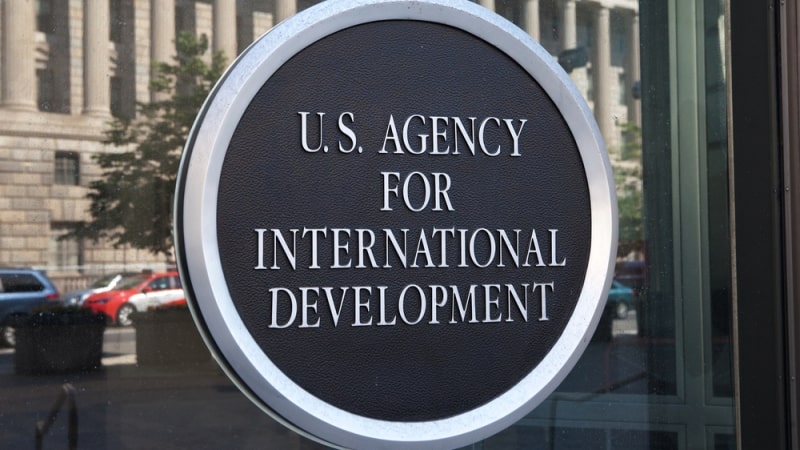
The U.S. Agency for International Development (USAID) released a new digital policy on July 25 that aims to utilize technology for sustainable development and humanitarian response.
The Digital Policy will receive $14.6 million in new funding to support its goals. Key areas of development outlined in the policy include infrastructure development, improving digital knowledge and technology, and promoting privacy, security, and human rights in USAID programs and digital ecosystems. It will also help fund the “responsible adoption” of artificial intelligence.
“As we look to the future, our ability to build and strengthen digital infrastructure and expand access to technology will underpin how USAID and our partners can expedite development outcomes,” said Mohamed Abdel-Kader, the chief innovation officer at USAID. “We are committed to leveraging innovations to connect people to the resources, the services, and the opportunities that they need to thrive in today’s digital age.”
USAID will propose a new office to Congress to support the policy’s implementation. The proposal would “enhance USAID’s ability to anticipate and respond to rapidly evolving trends in the technology landscape” according to the USAID press release.
Expedited incorporation of digital tools, responsible technology use, and the facilitation of regional investments and partnerships with the private sector and partner governments would also be overseen by the proposed office.
Additional specific aims of the digital policy include maintaining information integrity by protecting against malicious cyber activity and maintaining principles of democracy against authoritarian uses of technology.
The policy also aims to increase digital connectivity and provide more women with internet access in places where they disproportionately face less access than men.
“The agency must continue to embrace and harness the opportunities that digital technologies present to our partner communities while mitigating the risks that are inherent in digital technology use,” the policy reads.
